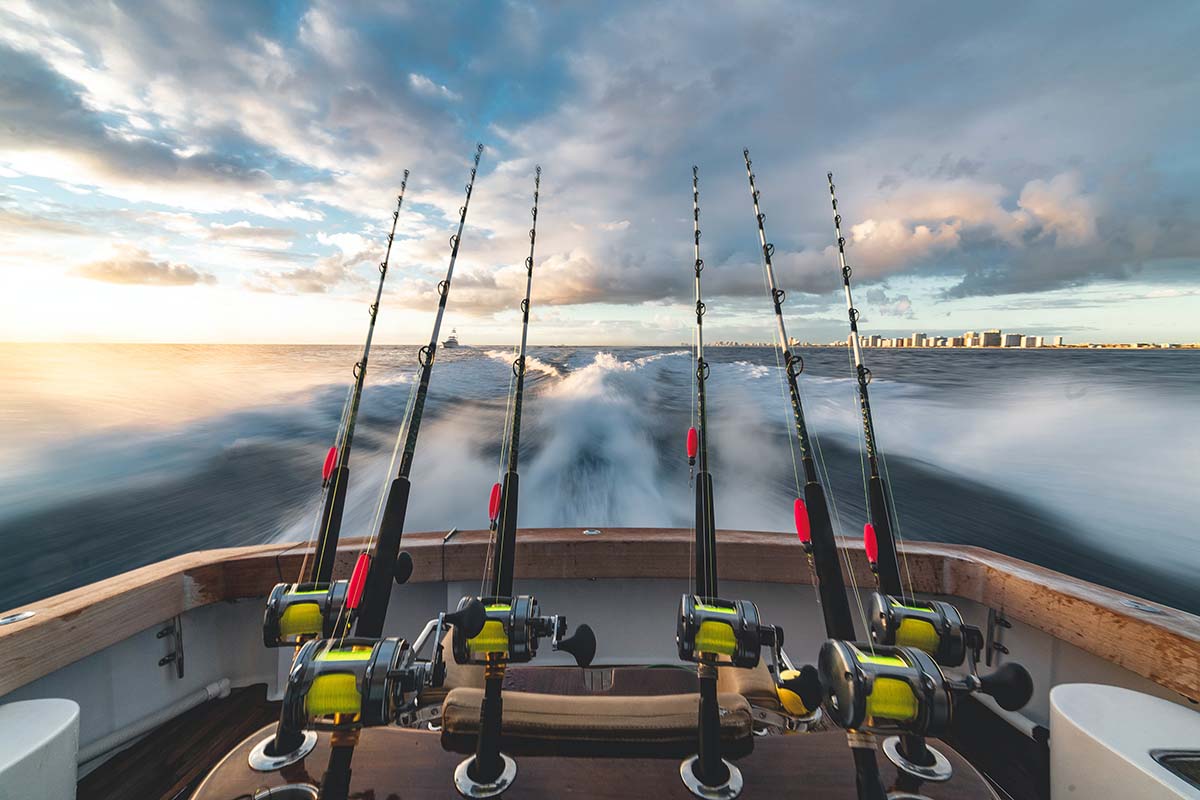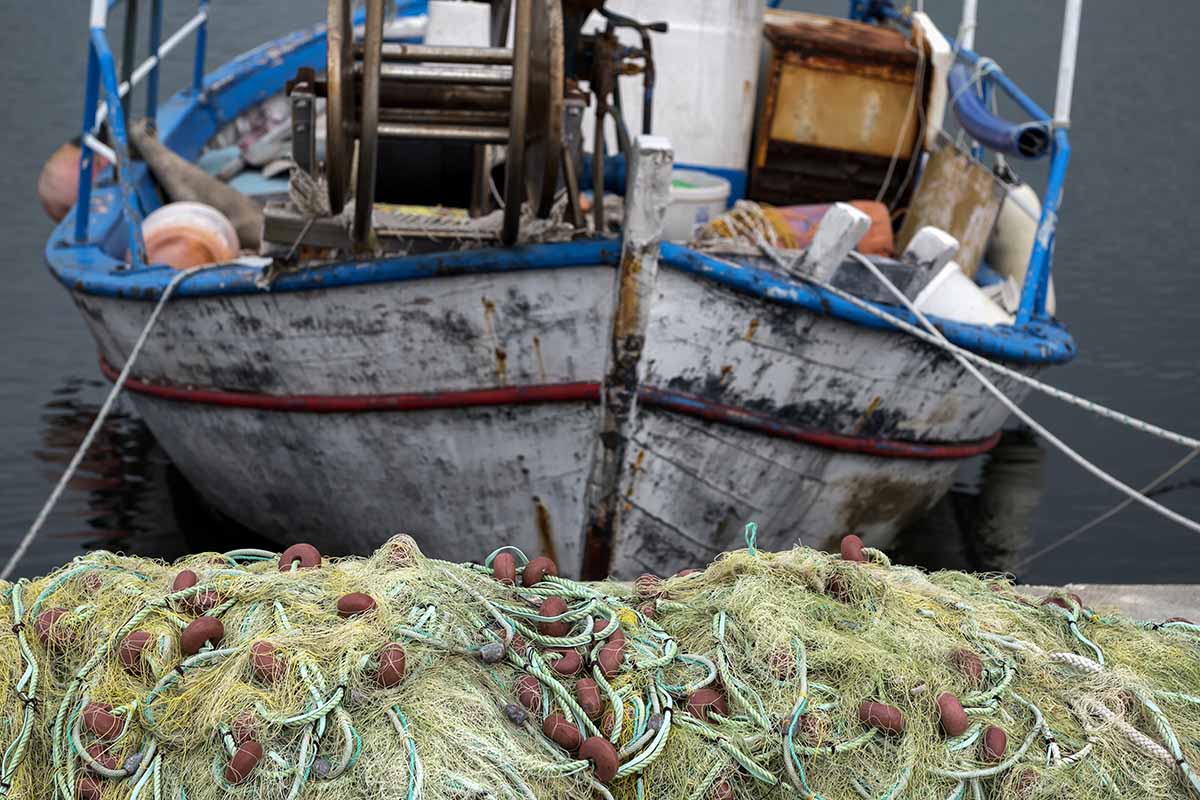Steps to Start Own Commercial Fishing Business
You’ve dreamed of owning your own business for as long as you can remember, and now the time has come to make that dream a reality. You’ve done the research, written up some business plans, and now it’s time to get out there and start making money.
But how do you go about starting a commercial fishing business? Well, we’re glad you asked. Here are some tips on how to start your own commercial fishing operation:
Do Your Research
The next step is to research the market. This means you need to find out how many commercial fishing businesses are operating in your area, what they sell at what price points, and who their customers are. It’s also essential to discover whether there are any new regulations or laws that affect your business model.
The next step is to research the competition: who are they? What kind of products do they sell? Where do their customers shop for seafood? How does this compare with what you’re planning on selling?
You should also look into how many competitors there already are in your fishing area—you don’t want too few fishermen around so as not to be able to sell enough fish! Also, consider whether these operators have been successful in their endeavors.
Write a Business Plan
The first step in starting your own commercial fishing business is to write a business plan. A business plan is a written document that describes your business and how you plan to make it successful.
It helps you clarify your business goals and strategies and think through your business’s financial, marketing, and operational aspects.
There are many resources available to help you prepare a good business plan; use them. If possible, talk with others who have started businesses similar to yours. They will be able to share their experiences with you and give helpful advice about how they managed certain challenges along the way.
Get the Boat You Need
Buying a boat is a big decision. It can impact your business’s profitability and overall success, so it’s important to consider several factors before purchasing one.
First, you’ll want to ensure that the vessel is in good condition. You don’t want to buy a boat with mechanical issues—those will only add up over time and cost you money.
Second, choose wisely when choosing the right size for your crew and the area where you plan on fishing. Finally, consider what type of fishing methods are available for each vessel category (open seas versus smaller boats) so that if any changes happen in this regard down the road, there won’t be any surprises.
Put Together Your Crew
As you begin to build your team, it’s important to emphasize the importance of working together. It might seem like a good idea to hire the best fishermen you can find, regardless of their personalities or backgrounds.
This can lead to problems down the road as you try and coordinate schedules and tasks. You want your crew members to be easygoing enough that they’ll work well with each other but also be able to handle situations that arise on the water.
The first step in putting together a strong team is finding people willing and able to put in long hours during peak fishing seasons. Depending on where you’re operating, this could mean being out on the water for 12 hours at a time or longer — something that not everyone may be up for doing regularly.
You’ll also want someone who has experience working with fish; even though this isn’t required for every crew member, everyone must know how certain species react when caught and displayed correctly so as not to damage sales opportunities later down the line when those fish are sold into markets around town (or online).
Find Your Target Market
You need to do some research before you can even begin your business. You’ll first want to identify what kind of fish people are willing to buy and pay a premium for in your area and who they might be.
Doing this will help determine which markets you should focus on in your research, as well as where the best opportunities lie for building up a client base and growing your business.
Another important thing for any new fisherman is finding out about their target market. This includes knowing how many people live in an area, where those people live geographically, how far from each other they tend to be located (including how much land between them at any given time), how close certain communities are together (for example: if two towns have fewer than five miles between them), what resources may be available locally such as grocery stores or restaurants where they could sell their catches etc.
Whether these communities have accesses nearby like lakes or rivers which would allow easy transportation options without having too much traffic on busy streets (like highways) if possible so customers are able
Use Quality Equipment and Technology
To be a successful commercial fisherman, you need to use the right technology and equipment. A wide range of products is available to help fishermen catch more fish.
The most popular are SIMRAD Fishfinders and Chartplotters, which allow you to see what is under your boat. Other types of technology include:
SIMRAD VHF Radios for communicating with other ships or receiving weather updates SIMRAD Autopilots for controlling the boat from a distance and avoiding obstacles in busy waters
In addition to using quality equipment, you must also choose your crew carefully. The members of your crew should be able to work together efficiently so that they can get the job done quickly without wasting time or money distracting each other with conversation during work hours (unless it’s relevant).
Start Own Commercial Fishing Business: Conclusion
You can start your own commercial fishing business with the correct knowledge, skills, and equipment. Due to the competitive nature of this industry, you need to know how much time will be required to run a successful operation.




















